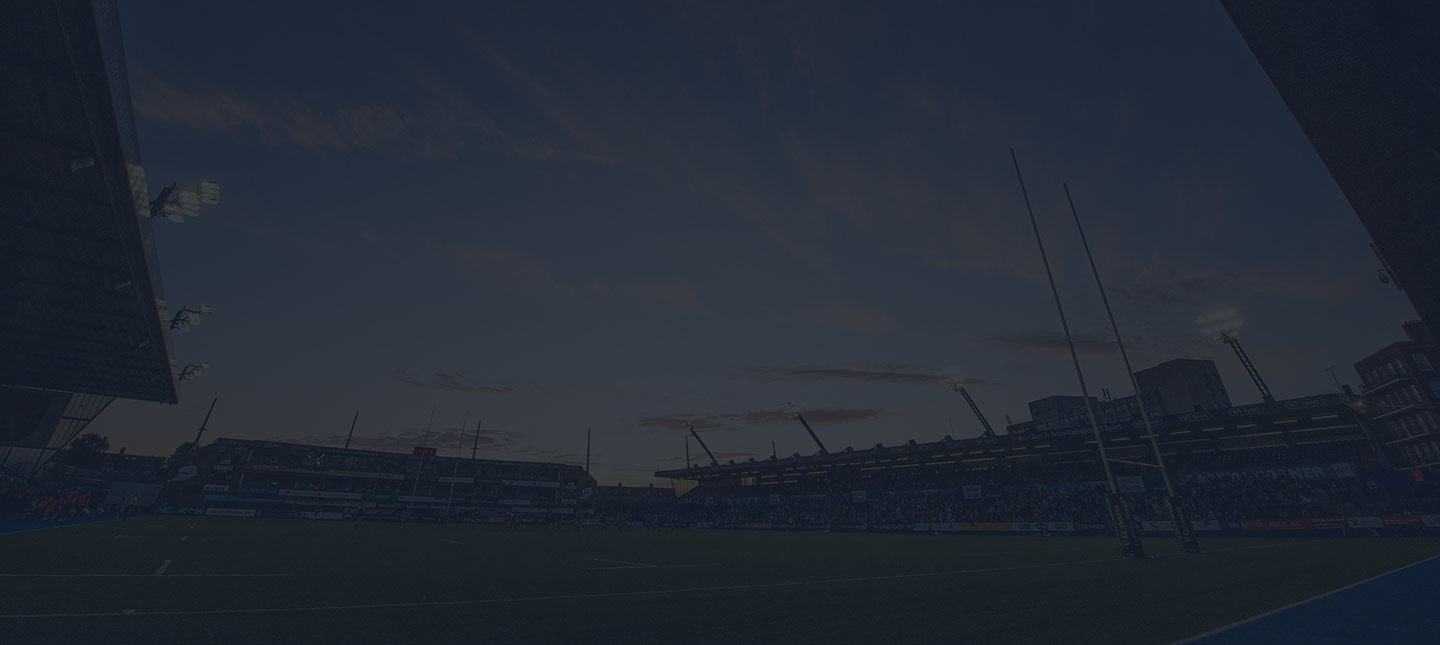Name: Jack Matthews Born: 21st June 1920Position: CentreCountry: WalesClub: Cardiff
Between 1947 and 1955, Rocky Marciano was undisputed heavyweight champion of the world. He won all 49 of his professional fights, 43 by knockout. He was known as the greatest slugger in boxing history. Only one professional challenger went the distance with him but there was another fighter who also went the whole way with him when they met in 1943 in a ring at RAF St Athan when Rocky was a 19-year-old GI. That contest went the scheduled three rounds and no winner was declared. Marcianos opponent was Jack Matthews.
It could have been worse for Rocky. He could have been at the receiving end of one of Jacks bone-crushing tackles. Such a tackle made a hero of Ron Elvidge in the 3rd Test in 1950 when it broke his sternum and ribs. Ron came back on to the field to score the winning try and become an All Black legend.
As a schoolboy, Matthews had worked hard on his endurance and physical strength by finding the most demanding work available. He would fell trees with axes during the day after being up at half six to run up and down the sand dunes near his home in Bridgend. This regime brought him his first Welsh trial in 1939 whilst he was still a schoolboy at Bridgend Grammar School. One of his treasured possessions is the purple cap, the last one ever given for a trial. The war meant that it would be seven years before he finally got his cherished red one for Wales in 1947 against England. Though he did play alongside the likes of Wilf Wooler in the Services Internationals during the war and the Victory Internationals after but these were non-cap matches.
In all he played 17 times for Wales and in many memorable matches for Cardiff, Wales, Barbarians and the Lions. He was one half of the legendary club and international centre partnership with Bleddyn Williams. He captained Cardiff for the two seasons immediately after the War and in 1951-2. In those three seasons, out of 127 matches played, Cardiff only lost 21. As has already been mentioned, his tackling was ferocious. He played rugby the hard way and never spared himself and before the Lions tour there were reservations as to whether he was too robust to go on tour. The manager, Ginger Osborne, insisted that he came. Jack did not let him down.
The New Zealanders christened him the Iron Man. On the tour Jack played in 20 out of the 29 games, only Roy John played more. He captained the Lions twice, once in Australia and, on the occasion of his 30th birthday, against Poverty Bay, East Coast and bay of Plenty at Gisborne. He played throughout the next season for Wales in the Five Nations, captaining them for his only time against France. This was his last international. His retirement was hastened at the beginning of the next season by the infamous incident of the selection in the toilets by the Big Five.
Matthews had not been selected for the opening match against England. So he had been planning to play that Saturday for Cardiff against Bath. But Bleddyn Williams dropped out on the Friday through injury. The selectors called Jack at his home in Cardiff and told him that he was picked and he needed to get himself up to London post haste. He pointed out that Alun Thomas was the travelling reserve. But the selectors insisted.
He made his way on Saturday morning to Twickenham and, when he arrived, again questioned why Alun Thomas was not playing. Enoch Rees, chairman of the Big Five, said that they had decided Jack was playing and that was that. So he got changed for the match. Fifteen minutes before the kick-off, the Big Five came into the dressing room and went into the toilets. A few minutes later they called in John Gwilliam, the captain. He came out and told Jack he was not playing.
Jack went in right away to see the Big Five and gave it to them straight. He pointed out that he should not have been called up in the first place. Secondly, having dragged him up to Twickenham, confirmed that he was playing and got him changed ready to play, he should have played. His parting comment was: Never pick me for Wales again. They never did.
Jack had qualified as a doctor. He practised in Cardiff for many years and still does locum work in his eighties. Equally he is still passionate about rugby and still forthright about how and in what spirit it should be played.

